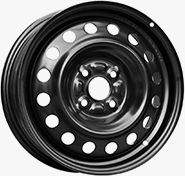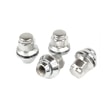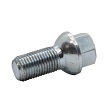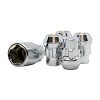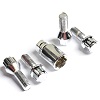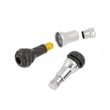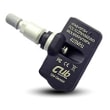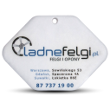Inflating tires with nitrogen – is this option worth considering?
Switching to nitrogen instead of traditional air for tire inflation is becoming increasingly popular among drivers worldwide. This method, primarily known for its use in the aerospace and racing industries, is also gaining traction in everyday vehicle use. Nitrogen tire inflation offers many potential benefits, including more consistent tire pressure, longer tread life, and improved fuel efficiency. However, like any technology, it also has its limitations. In this article, we'll explore both the pros and cons of using nitrogen for tire inflation to help you decide if it's the right option for your vehicle.
Why are tires inflated with nitrogen?
Nitrogen is used primarily for its physical properties, which promote tire pressure stability. Nitrogen is a gas that responds less to temperature changes than air, meaning that nitrogen-filled tires maintain more stable pressure regardless of weather conditions. This allows drivers to experience more predictable driving and a reduced risk of unexpected tire issues. Nitrogen is also less susceptible to diffusion through the micropores of the tire material, resulting in slower pressure loss over time, reducing the need for frequent re-inflation.
Advantages of using nitrogen to inflate tires
Using nitrogen to inflate tires offers many benefits. One of the most important is reducing the risk of accidental tire punctures, which directly translates into increased driving safety. Consistent tire pressure means better vehicle control, especially in extreme weather conditions and when driving at high speeds. Furthermore, the even and slower tire wear ensured by consistent pressure can significantly extend tire life, which benefits both the environment and the driver's wallet. Furthermore, nitrogen minimizes the risk of corrosion inside tires and rims because, unlike air, it is a dry gas and does not contain moisture.
Potential disadvantages and limitations of inflating tires with nitrogen
Despite its many advantages, using nitrogen to inflate tires does have its drawbacks. The first is the higher initial cost of filling tires with nitrogen, which can be significantly more expensive than standard air inflation. Furthermore, the availability of nitrogen filling locations is limited compared to traditional gas stations, which can be problematic when you need to quickly inflate your tires during longer trips. These limitations can discourage some drivers, especially those who don't see the immediate benefits of long-term nitrogen use. Furthermore, if a tire is slashed or otherwise damaged, finding a place to quickly inflate with nitrogen can be difficult, forcing drivers to temporarily use air, which can lead to uneven tire pressure.
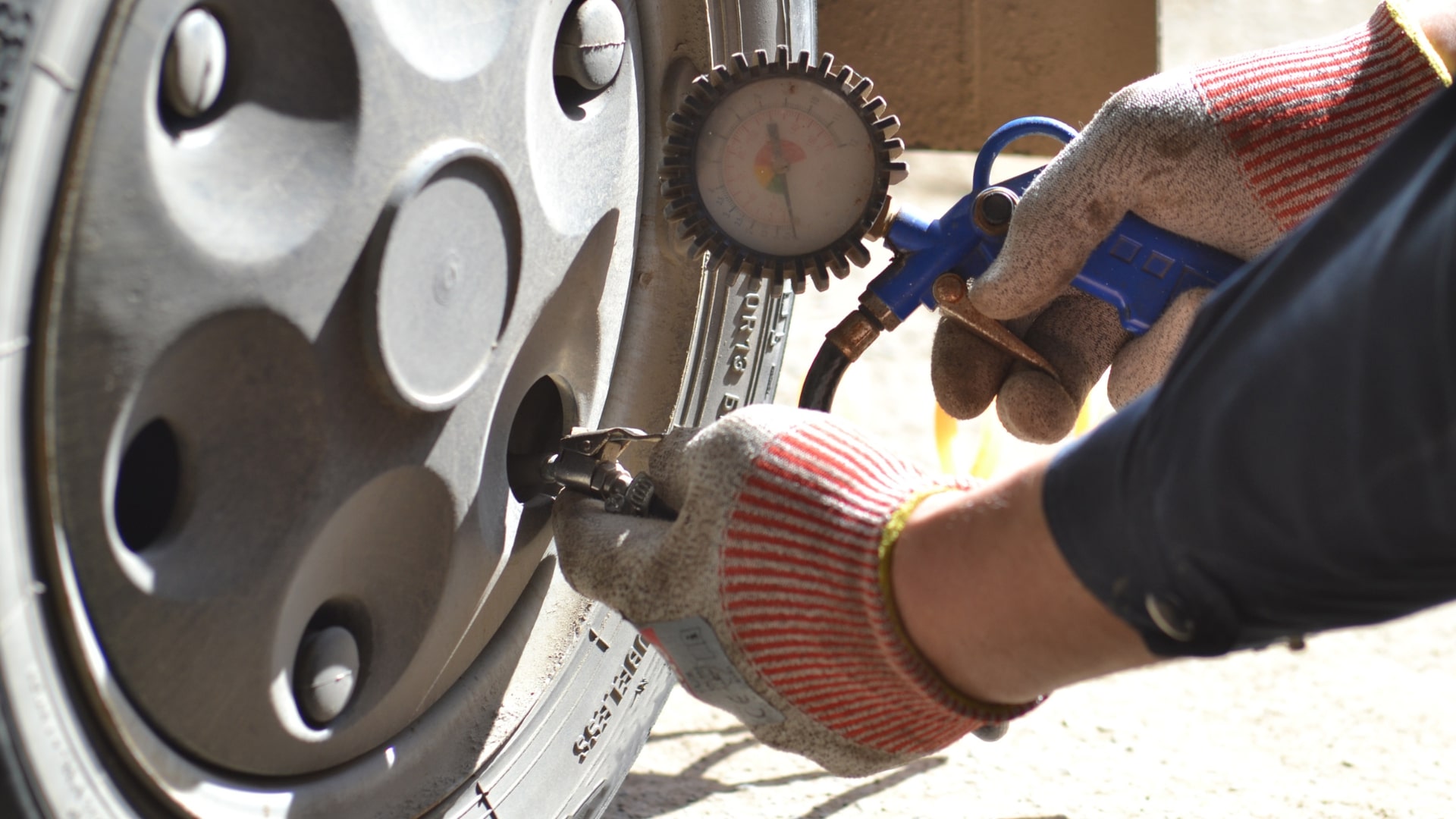
Comparison of tire inflation with nitrogen and air
The main difference between nitrogen and air inflation is the quality and stability of the maintained tire pressure. Nitrogen, being a larger-molecule gas than oxygen, allows for less permeability through the tire structure, ensuring proper pressure is maintained longer. This translates to better fuel efficiency and a lower risk of tire damage due to incorrect inflation. Air, which is approximately 78% nitrogen and 21% oxygen, can contribute to faster inflation and rim corrosion due to its moisture content, which is virtually eliminated by using pure nitrogen. However, it's worth noting that nitrogen isn't entirely without its drawbacks – for example, it may escape the tire more slowly, but it still escapes, meaning regular pressure checks are still necessary.
How and where can I inflate my tires with nitrogen?
Nitrogen tire inflation is available primarily at specialized car repair shops, tire services, and select service stations. Many larger tire service chains offer this service as part of their standard offerings, targeting customers seeking more advanced solutions for their vehicles. However, it's worth checking the availability and potential cost before your visit, as it can vary depending on the location and type of service. Alternatively, some modern car dealerships offer nitrogen inflation as an additional option when purchasing a new vehicle or during regular maintenance. Furthermore, nitrogen is also popular among commercial and sport utility vehicle fleet owners, who value its benefits in extending tire life and improving driving safety.
Recommended


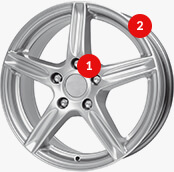

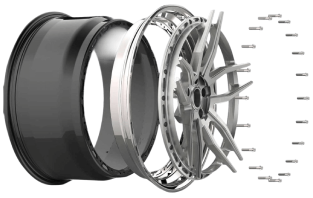
 Modern design
Modern design Perfect fit
Perfect fit High durability
High durability Free shipping within 24 hours
Free shipping within 24 hours
 Individual project
Individual project Dedicated caregiver
Dedicated caregiver